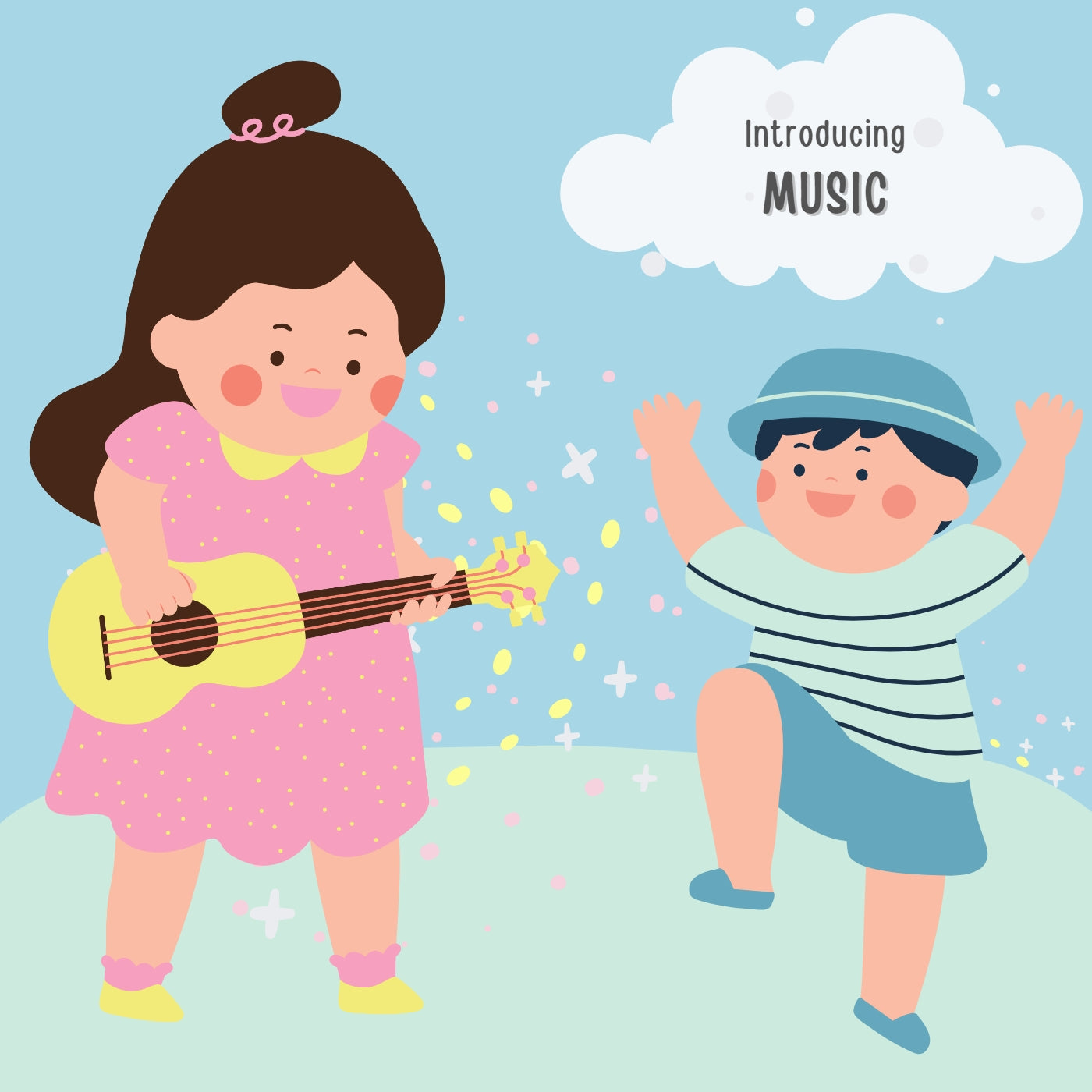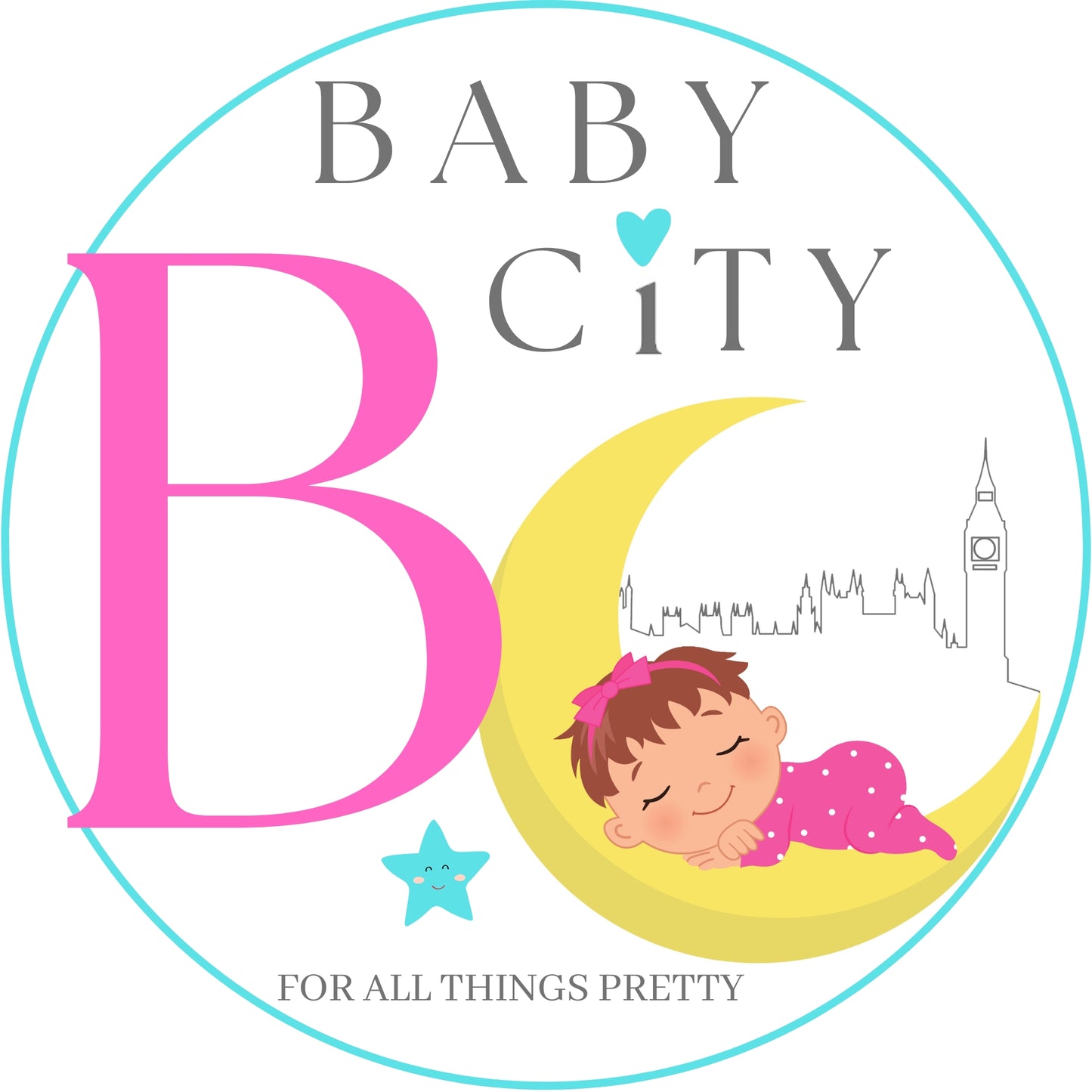
Music is a universal language that has the power to bring people together, evoke emotions, and even improve our cognitive abilities. Introducing your child to musical instruments can have a profound impact on their development and overall well-being. Studies have shown that children who learn how to play an instrument have better cognitive skills, stronger memory, and improved hand-eye coordination. Music also has a positive effect on emotional development, helping children to express themselves and manage their emotions. In this blog post, we will delve deeper into the benefits of introducing your child to musical instruments, and give you some tips on how to choose the right instrument for your child. So whether you're a music enthusiast or simply looking for ways to improve your child's development, read on to discover why introducing your child to musical instruments is more important than you think.
1. The benefits of musical instruments for children
Introducing children to musical instruments can have a range of benefits that go beyond just the fun and enjoyment of playing music. In fact, studies have shown that learning to play a musical instrument can have a positive impact on a child's overall development.
Firstly, it helps to improve cognitive skills such as memory and problem-solving. Learning to play an instrument requires a lot of concentration and focus, which can help to develop these skills in children. Additionally, playing an instrument can help to improve language processing and literacy skills.
Playing an instrument also has a positive impact on a child's emotional development. It can help to boost self-esteem and confidence as children develop new skills and accomplish goals. Additionally, playing music can be a great way to relieve stress and anxiety, promoting positive mental health and wellbeing.
Finally, playing music can help to develop social skills and encourage teamwork. Playing in a band or orchestra requires cooperation and communication, helping children to develop these important skills from a young age.
Overall, introducing children to musical instruments can have a wide range of benefits for their cognitive, emotional, and social development, making it a worthwhile investment in their future.
2. How musical instruments help in brain development
It's no secret that music plays a significant role in brain development. Studies have shown that introducing children to musical instruments can help improve cognitive function, memory, and language skills.
Playing an instrument requires the use of both hemispheres of the brain, which helps in improving coordination and motor skills. Learning to read music also helps in enhancing reading comprehension and literacy skills.
In addition, playing a musical instrument requires focus and discipline, which can translate to other areas of life such as academics and even social interactions. It also helps in developing creativity and self-expression.
In fact, research has shown that children who learn to play instruments tend to have higher IQs and perform better in school. It's never too early to start introducing your child to music and encouraging them to explore different instruments. You may just be setting them up for a lifetime of benefits.
3. The impact of music on a child's emotional development
The impact of music on a child's emotional development cannot be overstated. Learning to play an instrument offers a range of emotional benefits that can last a lifetime. Research has shown that children who learn to play an instrument have improved self-esteem, better emotional regulation, and increased empathy and compassion towards others.
Playing an instrument requires discipline and patience, and this can help children to develop a sense of accomplishment and pride that can translate into other areas of their lives. When a child learns to play an instrument, they develop a sense of ownership and responsibility for their progress, which can help them to stay motivated and engaged in their studies.
Music can also be a form of emotional expression, allowing children to explore and process their feelings in a safe and healthy way. Whether they are playing a happy tune or a sad melody, music can help children to connect with their emotions and develop a greater awareness of their inner selves.
In addition to these emotional benefits, learning to play an instrument can also have a positive impact on a child's cognitive development. Studies have shown that playing an instrument can improve memory, enhance spatial and mathematical reasoning, and even increase creativity and problem-solving skills.
Overall, introducing your child to musical instruments can provide them with a range of emotional, cognitive, and social benefits that can enrich their lives in countless ways. Whether they become professional musicians or simply enjoy playing for fun, the skills and experiences they gain from playing an instrument will have a lasting impact on their development and well-being.
4. Enhancing creativity through music
One of the main reasons why introducing your child to musical instruments is important is because it enhances their creativity. Music is a form of art that allows individuals to express themselves in a unique and creative way. When children are learning to play an instrument, they are encouraged to experiment with different sounds, rhythms, and melodies. This experimentation can lead to the development of new ideas and the creation of original music.
Playing a musical instrument also requires creativity when it comes to interpreting and performing pieces of music. Children are encouraged to add their own personal touch to the music they play, which can help them develop their own style and voice. By allowing children to express themselves creatively through music, they are developing a skill that can be applied to other areas of their lives, such as problem-solving or critical thinking.
Furthermore, music can help children develop their imagination. When they listen to music, they are transported to a different world, where they can create their own stories and scenarios. This can help children develop their storytelling abilities and improve their communication skills. When children play music with others, they learn to collaborate and work together to create something beautiful. This can help develop their social skills, empathy, and emotional intelligence.
In summary, introducing your child to musical instruments is a great way to enhance their creativity and imagination. It helps them develop important skills that can benefit them in all areas of their lives. So, if you want to give your child the gift of creativity, consider getting them involved in music today!
5. How learning musical instruments help children academically
It's a common misconception that learning a musical instrument only benefits children in terms of their musical ability. However, research has shown that there are numerous academic advantages to learning a musical instrument as well.
Firstly, learning to play an instrument requires a great deal of discipline and focus. Children who learn to play an instrument often develop better study habits, as they learn to prioritize their time and practice regularly to improve their skills.
Playing an instrument also helps to develop fine motor skills and hand-eye coordination, as the child is required to use both hands independently to read music and play notes. This can have a positive impact on their handwriting and overall dexterity.
In terms of academic performance, studies have found that children who learn a musical instrument generally perform better in subjects such as math and science. This is because playing music requires an understanding of mathematical concepts such as rhythm, timing and scales.
Learning to play an instrument can also improve memory and cognitive function, as the child is required to memorize pieces of music and use critical thinking skills to read sheet music and play notes correctly.
In summary, introducing your child to a musical instrument can have numerous academic benefits, as well as providing a fun and creative outlet for them to express themselves.
6. Developing social skills through music
Playing music with others is a great way to develop social skills. When your child is playing an instrument in a group setting, they will need to learn to listen to others, cooperate, and communicate with their fellow musicians. This will help them to develop their social skills in a way that is fun and engaging.
Playing music together can also help your child to learn how to work as part of a team. They will need to learn to listen to others, follow directions, and contribute to the group effort. This will help them to develop a sense of responsibility and accountability, as well as an appreciation for the contributions of others.
In addition, playing music with others can help your child to develop a sense of community. They will be part of a group of people who share a common interest and goal, and this can be a powerful motivator for children. This sense of community can help them to develop a sense of belonging and identity, which is important for their overall wellbeing.
7. How music encourages teamwork and collaboration
Music is not just about playing an instrument or singing, it is also about teamwork and collaboration. When children learn music together, they learn to work in harmony with each other. This promotes a sense of belonging and helps children realize that they are part of something bigger than themselves. It also teaches them to listen to each other and to respect the opinions of others. In a band or orchestra, for example, each player has a role to play and they must work together to create a unified sound. The same goes for singing in a choir, where each voice contributes to the overall sound. This teaches children the importance of teamwork and collaboration, skills that will be useful in all areas of their lives. As they grow older, they will need these skills to work effectively in a team in school, at work, or in any other area of their lives. Therefore, introducing your child to musical instruments is not only a fun activity but also an excellent way to teach them important skills that will benefit them throughout their lives.
8. Introducing your child to musical instruments
Introducing your child to musical instruments can be a very impactful decision for their future. Music is a form of art that can help young children develop a wide range of skills and abilities.
Playing instruments can help children develop their memory, cognitive, and motor skills. Playing an instrument also requires a lot of patience, practice, and discipline which can help instill these qualities in your child from a young age.
Studies have shown that children who learn to play musical instruments tend to do better academically, socially, and emotionally. Learning music can help improve reading, writing, and comprehension skills by exercising the left part of the brain which is responsible for processing language.
Moreover, playing music with others can help children develop their social skills, teamwork, and build confidence. It provides a creative outlet for self-expression, which can be very important for children who struggle with verbal communication.
It is never too early to introduce your child to musical instruments. Even toddlers can benefit from playing with toy instruments or creating rhythms using household objects. The most important thing is to make it fun and enjoyable for your child.
In conclusion, introducing your child to musical instruments can have a profound impact on their development and can provide a myriad of benefits that extend beyond just learning to play an instrument.
9. Choosing the right musical instrument for your child
Choosing the right musical instrument for your child is crucial in helping them develop a love for music. It's important to consider their age, physical abilities, and personal interests when making a decision.
For younger children, it's often recommended to start with simpler instruments such as percussion or wind instruments, as they require less physical coordination and can be easier to learn. As they grow older, they may be more interested in learning guitar, piano, or another stringed instrument.
It's also important to consider the cost of the instrument and the commitment required for lessons and practice. Renting an instrument may be a better option for younger children who may lose interest or grow out of the instrument quickly. For older children who are more committed, investing in a higher-quality instrument may be a better option.
Ultimately, the choice of instrument should be based on the child's personal interests and abilities. Encouraging them to try different instruments and genres of music can help them discover what they truly enjoy and develop a lifelong love for music.
10. Encouraging your child's musical journey at home and beyond.
Encouraging your child's musical journey at home and beyond is a crucial step in helping them develop their skills and passion for music. Start at home by playing music and singing with your child. You can also introduce them to different musical instruments and let them explore and experiment with them. It's important to let them have fun and enjoy the process of discovering their musical preferences and abilities.
Once your child has shown a keen interest in music, consider enrolling them in music lessons or classes. Look for a teacher or program that aligns with your child's interests and learning style. Encourage your child to practice regularly and set achievable goals. Celebrate their achievements along the way, no matter how small they may seem.
It's also beneficial to expose your child to different types of music and musical performances. Take them to concerts, festivals, and other events where they can experience live music and see different instruments being played. This can inspire and motivate them to continue their musical journey.
Encouraging your child's musical journey can also have countless benefits beyond just musical skills. Studies have shown that music can help improve cognitive development, language skills, and social-emotional development. It can also provide a creative outlet for self-expression and boost confidence and self-esteem.
In conclusion, introducing your child to musical instruments and encouraging their musical journey at home and beyond can have a positive impact on their overall development and growth. So, let's give our children the gift of music and watch them flourish.

